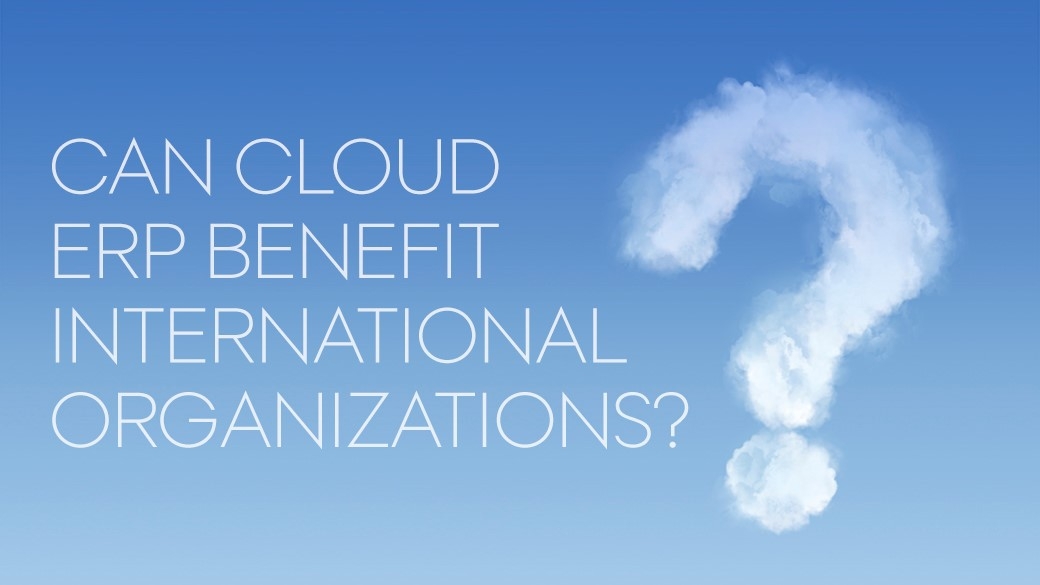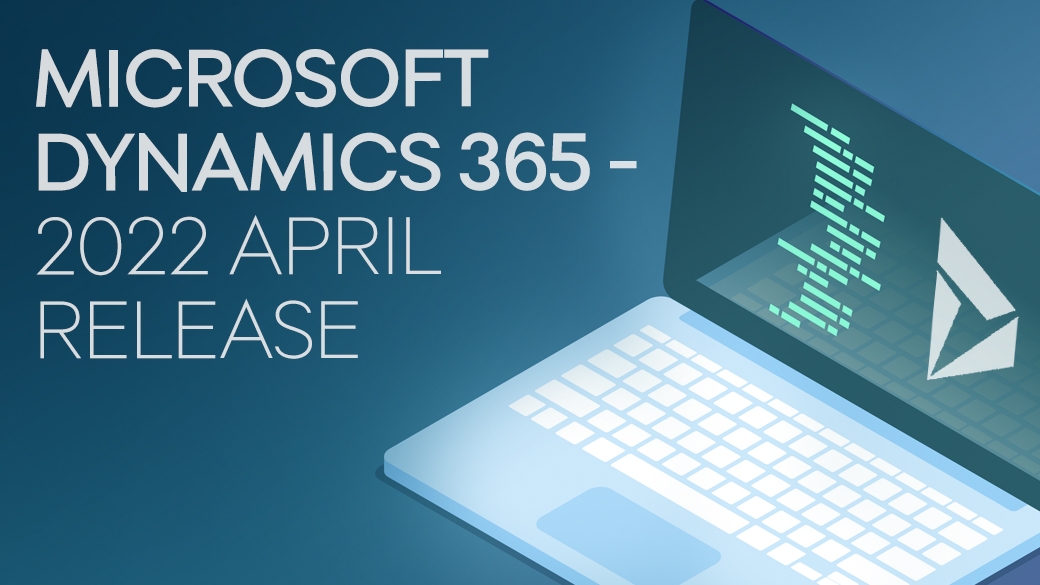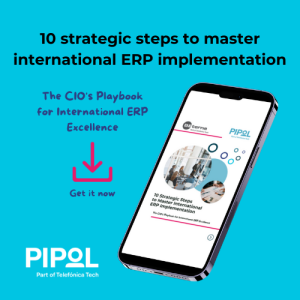Can cloud ERP benefit international organizations?

International organizations are gradually moving their business applications to various online platforms. They are, however, debating which deployment (in-cloud, on-premise, or as-hybrid) they should pick because each business-case is different and needs to be assessed, accordingly. There are various aspects, including data security, system integrations, and cost, among others, that organisations should consider before deciding on the right path.
The differences between on-premise and cloud ERP
The basic difference between On-premises and Cloud-based ERP is in how the software is deployed and accessed. On-premises ERP software is installed on computers and servers that are owned, or leased, by the organization. Cloud-based ERP is deployed on the cloud (servers are owned or leased by the vendor) and accessed through a web browser. Cloud-based ERP systems are usually SaaS (Software as a Service) products where the service includes software and the infrastructure it runs on.
Cost-efficient deployment
With Cloud ERP, the cost of deployment and maintenance is significantly lower. Not only does the cloud eliminate the need for expensive servers and hardware, but it also means there are no costly electricity bills, no expenses for the management of the infrastructure, and no need for dedicated IT staff. This also means your IT resources don’t have to worry about the system and can instead focus on more strategic projects that bring value to the organization. And, because the solution is based on subscriptions and the number of systems and users you need, there’ll be no surprises with your bill. You can accurately predict costs while at the same time reduce the total cost of ownership.
Always the latest and greatest
Are you using valuable time on updates and patches to keep your system running? With Cloud ERP you get automatic updates, so you always have the current version of your ERP solution. This highly innovative platform is under constant development with Microsoft releasing biannual updates every spring and fall.
Scalable and agile
With Cloud ERP, your entire business is based on a common data model and a flexible, extensible platform. With highly adaptable applications, it’s easy for users to create new processes and modify existing ones without assistance from IT. Cloud ERP also makes it easy to grow your system as your needs change. It’s as simple as adding additional users and apps allowing for quick and efficient expansion. Plus, it’s easy to increase performance capabilities during busy periods- you only pay for the resources you need, when you need them.
Accessibility
With continuous, uninterrupted access to the system and an easy and secure connection to web browsers- on smartphones, tablets, or computers, your employees enjoy remote access from anywhere in the world. Cloud ERP also offers more accurate data which results in better service for your customers. And, you’re guaranteed stability and system availability as these servers are managed round the clock.
It should be noted that the cloud model depends completely on web access and the efficiency requirements for the connection are high. Therefore, potential connection failures are a real threat, so it’s important to ensure reliable Internet access and redundant Internet connection to secure stable operation.
Safe and secure
Working from the cloud means you are working from a single, unified source of information. And while the standard solution is common to all users, all the data is stored separately and you only have access to your data. With Dynamics ERP cloud, Microsoft is responsible for the security of your ERP data. You are guaranteed your data is safeguarded in the event of a security breach, but only so long as you ensure the correct user access for your employees. Users should only have access to the data and applications that match their roles. They also need continuous training and monitoring with regard to data and password security.
Migrating your data
The process of cloud migration is a task where thorough preparation is needed to ensure you get it right. It’s important to think about how the data will be used. Data stored in on-premise applications might need to be reformatted for different cloud workflows, so you will need to experiment with different formats. You also need to prioritize what data to move first- actively used data should not be moved as the first step as this data can never be out of sync. And, there are other things to consider such as how to transfer the data- will you do a physical shipment, network transfer, or take a hybrid approach? And once the data is transferred to the cloud, it needs to be verified to ensure the data that arrived matches the data that was sent.
There are many things to consider before moving your data to the cloud to ensure you avoid additional costs and inefficiency in the new system. With careful planning, it’s even possible to automate what data to move and when. Of course, this takes time, but it also brings many benefits. For instance, it optimizes the dataflow and means there are fewer modifications needed when performing statistical analysis.
Actionable insights
Do you want easy access to actionable business intelligence that uses big data, advanced analytics, and IoT to guide employees and customers to the best possible results? With Cloud ERP and carefully planned migration, your data and insights are immediately and efficiently transformed into intelligent actions, without the need for an advanced team of data analysts. It uses artificial intelligence and machine learning to offer you full automation. Everyone can access real-time data so they can collaborate and quickly make decisions and respond to problems. And, executives can quickly run the numbers and adjust the budget or strategy accordingly.
Choosing the right model
There are various choices of deployment models and selecting the most suitable model depends on many factors. Perhaps you want to immediately migrate to the cloud, or go for a hybrid approach that combines on-premise and cloud deployment? At Pipol, we understand that international organizations are unique and have specific requirements for data and functionality. And, with our vast experience and expertise, we have the know-how to ensure you get the right solution for your business. To find out more, get in touch today.





